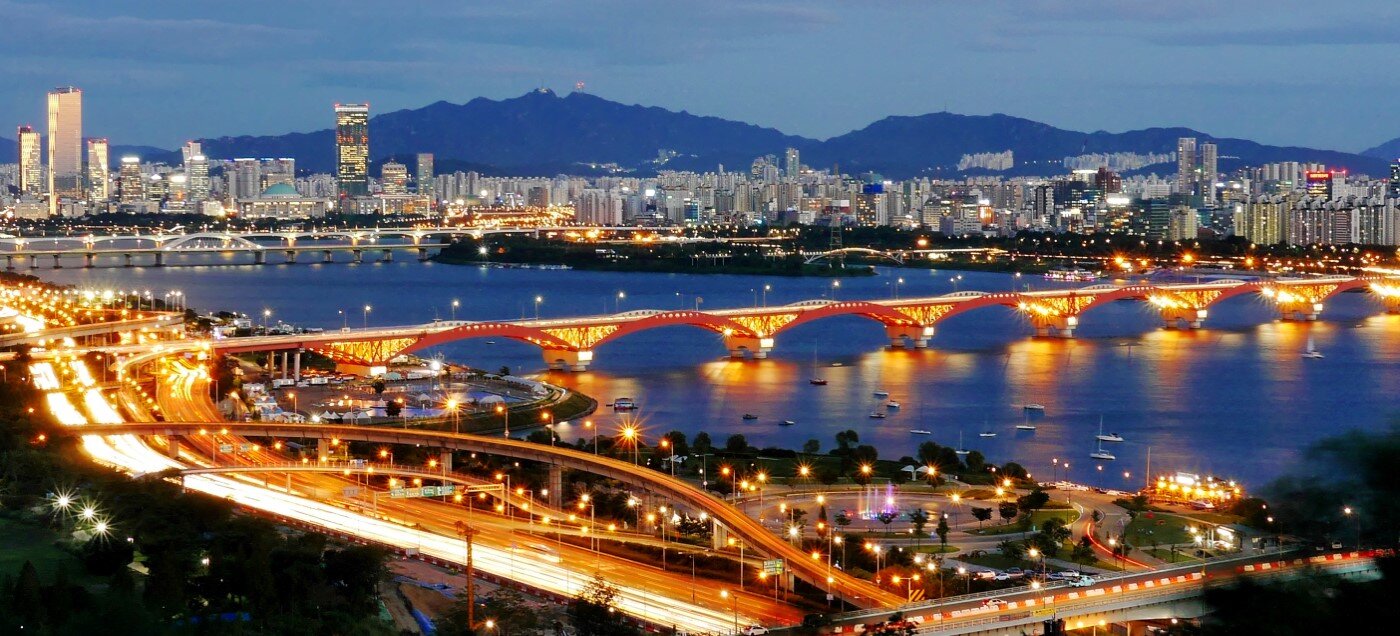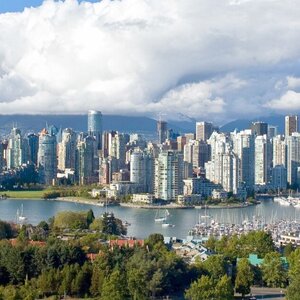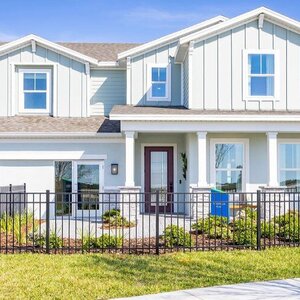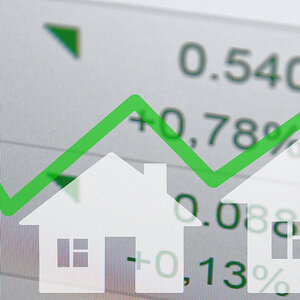Vacation Real Estate News

South Korea is Asia Pacific's Top Performing Hotel Market
Vacation News » Seoul Edition | By Michael Gerrity | May 21, 2024 8:38 AM ET
According to CBRE, strong domestic and international demand have established Korea as one of the top-performing hotel markets in the Asia Pacific region over the past two years.
STR data indicates that the Average Daily Rates (ADRs) in Korea reached KRW 214,177 in Q1 2024, a 43% increase over Q1 2019, with overall RevPAR 49% higher than during the same period. Although full-year occupancy has yet to fully recover, Q1 2024 occupancy was 2% above that of Q1 2019.
The recent robust performance of the hotel sector is expected to be further bolstered by long-term growth drivers such as the Korean Wave (Hallyu) and a burgeoning medical tourism industry. According to the Korea Tourism Organization, nearly 37% of travelers to Korea in 2023 cited the Hallyu wave as a major factor in their decision to visit, and medical tourism arrivals reached a record high of 616,000 in 2023.
The luxury and upscale hotel segments are anticipated to lead the market over the next six to twelve months, particularly in key tourist locations like downtown Seoul, Haeundae in Busan, and Jeju Island. With a limited supply pipeline over the next four years, CBRE expects hotel performance to continue improving during this period.
Despite the significant improvement in hotel performance over the past year, investment activity remains muted. However, borrowing costs are expected to decline in the second half of 2024 alongside anticipated interest rate cuts in the U.S., which should stimulate increased purchasing activity. Potential distressed opportunities might arise due to Korean capital being overexposed in the U.S. and Europe, potentially leading to liquidity requirements onshore.
Both private and institutional investors are expected to drive acquisitions in 2024, with a focus on value-add opportunities. Although still an emerging market, co-living operators are likely to expand their presence by leveraging the overall shortage of living sector assets.
Sign Up Free | The WPJ Weekly Newsletter
Relevant real estate news.
Actionable market intelligence.
Right to your inbox every week.
Real Estate Listings Showcase
Related News Stories
Vacation Real Estate Headlines
- Despite Geopolitical Uncertainty, European Hotel Values Rise
- Record 119 Million Americans Traveling Over the Christmas Holidays
- 80 Million Americans to Hit the Road, Skies and Seas for 2024 Thanksgiving Holiday
- Asia Pacific Hotel Investment to Exceed $12 Billion in 2024
- Asia Pacific Hotel Investment Tops $12 Billion in 2024
- Seattle, Orlando and New York Top Labor Day Destinations in 2024
- Record 71 Million Americans Traveling Over July Fourth Week
- Major Hotel Operators Expanding Rapidly Across Asia Pacific in 2024
- 44 Million Traveling Memorial Day Weekend, Second Most in History
- South Korea is Asia Pacific's Top Performing Hotel Market
- Florida Dominates Top 10 U.S. Cities List to Invest in Short Term Rentals
- Investment in South Korea Hotels Dipped in 2023
- European Hotel Values Still Below Pre-Covid Prices
- Over 115 Million Americans Traveling Over Christmas Holidays
- 55.4 Million Americans on the Move Thanksgiving Holiday
- Asia Pacific Tourism to Approach Full Recovery in 2024, Driving Hotel Sector Growth
- Asia Pacific Hotel Revenues to Rise in 2024 Despite Economic Volatility
- Tourist Bookings to Hawaii Down 50 Percent Since Maui Wildfires
- Demand for Vacation Homes in U.S. Hit 7-Year Low in August
- International Travel for Americans Jumps Over 200 Percent in 2023
- U.S. Labor Day Weekend Travel To Uptick in 2023
- Asia Pacific Hotel Investment Collapses 51 Percent in 2023
- As Summer Travel Season Winds Down, U.S. Gas Prices Rise Again
- Record Setting 50.7 Million Americans to Travel This July Fourth Holiday
- Israel Hotels Poised for Growth as International Visitors Set to Return
- Over 42 Million Americans to Travel This Memorial Holiday Weekend
- European Hotel Transactions Decline 18 Percent in 2022 as Interest Rates Surge
- U.S. Vacation Home Demand Dives 50 Percent from Pre-Pandemic Levels
- European Hotel Values Upticked 3 Percent in 2022
- U.S. Vacation Rental Bookings Rise 27 Percent Annually in January
- Third-Party Hotel Operators Set to Increase Across Europe in 2023
- 113 Million People Traveling in the U.S. During the 2022 Holiday Season
- London Hotels Set to Weather High Inflation in 2022
- Almost 55 Million People to Travel This Thanksgiving Holiday in America
- Düsseldorf Hotels Enjoy Growing Corporate Demand in 2022
- Global Hotel Investment Activity in Asia Pacific to Rise 80 Percent in 2022
- Japan Lifts Foreign Inbound Covid Travel Restrictions in October
- Demand for Second Vacation Homes in the U.S. Decline
- Amsterdam Hotels Enjoy Comeback Post Covid Travel Restrictions
- 47.9 Million Americans Will Travel This July 4th Weekend





